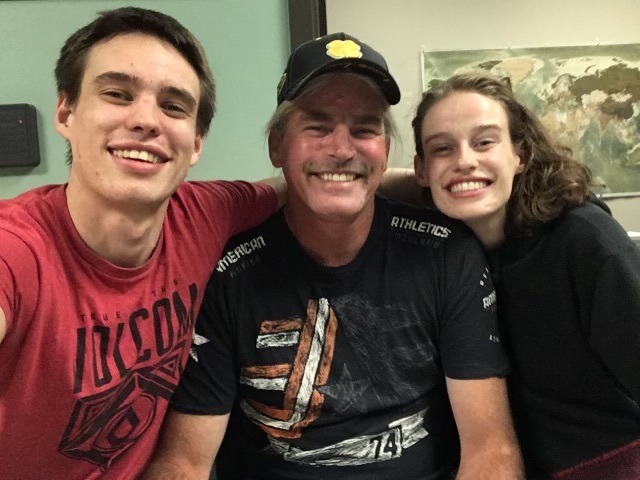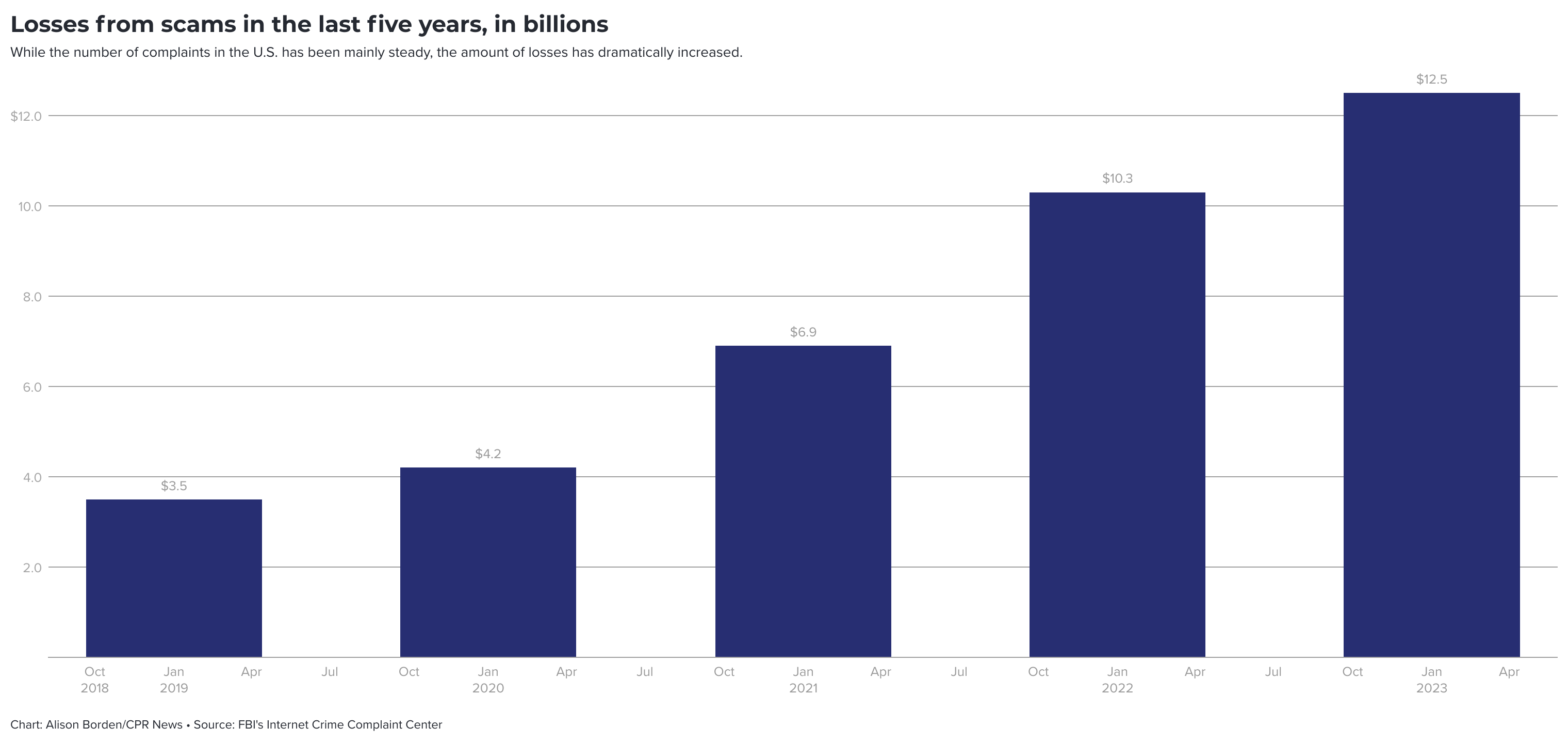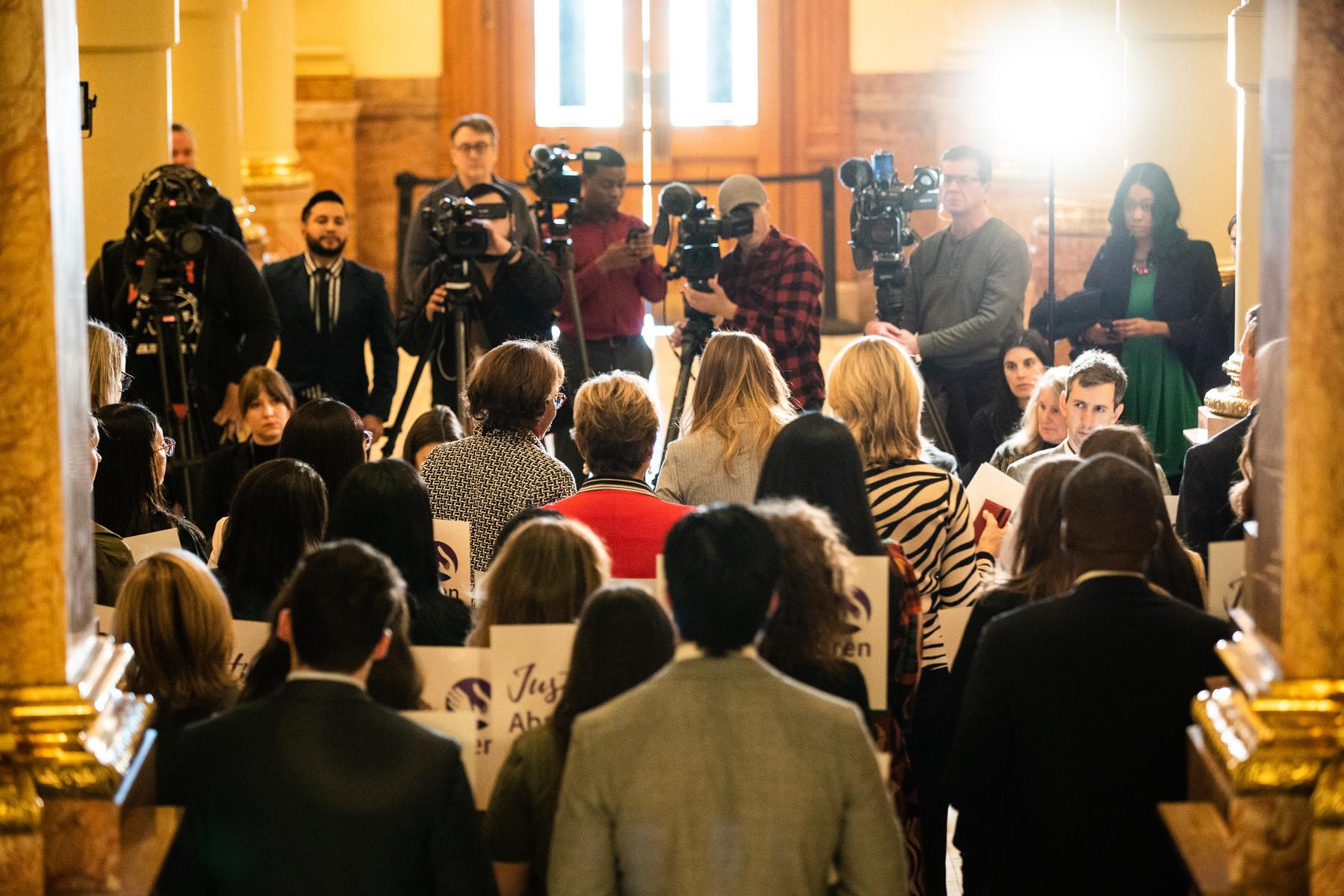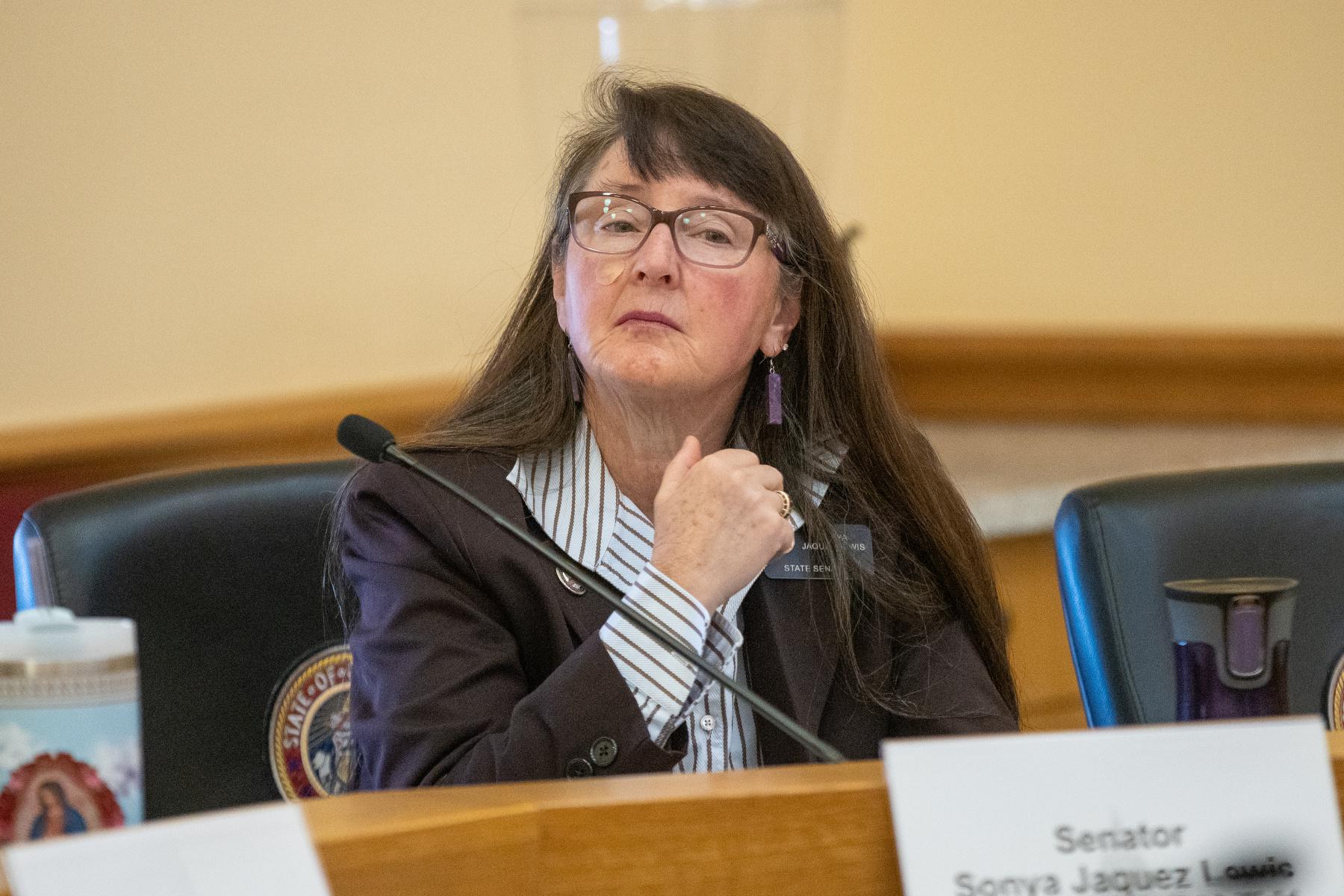

Congress has passed the 2018 farm bill and — pending the expected presidential signature — it will be legal to grow hemp across the United States for the first time in more than 80 years. Colorado already feels like it's in first place, especially on the Western Slope.
Hemp was legalized in the state alongside recreational marijuana in 2014, and now more acres are grown here than anywhere else in the nation.
Some farmers find industrial hemp (the non-psychoactive cannabis cousin to marijuana) a lucrative business, making upward of $60,000 an acre for production. The reason it’s seen as such a cash crop is CBD oil, a non-intoxicating cannabis extract that’s been proven to help with certain kinds of epilepsy. Anecdotally, CBD is labeled as a cure-all, for everything from treating anxiety and depression, to menstrual pain, arthritis and PTSD.
CBD has gone mainstream enough now that it can also be found in coffee, beer and skincare products. People are even giving it to their pets.
It’s not hard to see why there’s a demand for hemp, and where there’s demand you’re likely to find a happy farmer like Aaron Rydell. He sees hemp as a much-needed opportunity for agriculture to make ends meet. To him hemp is the next “green rush.”
“If a farmer can make $40,000 to $50,000 an acre, they’re doing really good,” Rydell said. “And if you tell that to a farmer, that gets their eyebrow up.”
In 2017, Colorado grew the most hemp with around 10,000 registered acres. That number tripled this year, to more than 30,000 acres grown by 850 different farmers. And like Rydell, some of them are new to farming.

This summer was Rydell’s fourth harvest at Salt Creek Hemp, outside of the Western Slope town of Collbran. He grew more than 12 acres this season, but it hasn’t been easy for him to get to this point. There were legal grey areas and challenges during the first few years of state legalization. The biggest one was acquiring seeds.
“We bought our seeds on the side of the road at 10 o’clock at night by Red Rocks,” Rydell said. “We were driving away afterwards, and we're just like, ‘what did we just do? Did we just commit a crime?’”
The price of those seeds was hundreds of dollars for just a handful. Rydell and his wife bought 10 pounds with cash. They then planted an acre, and “made all kinds of mistakes,” Rydell said. “But where can you Google ‘how much water to put on hemp?’”
To find answers, Rydell and his wife went to every hemp event they could. They now host their own, called “Hemp on the Slope,” which more than 500 people attended this year. Rydell wants Western Slope farmers to have a local resource, something he wished he had when he first started.
“It's such a new industry, and we all kind of need each other,” Rydell said. “It's not like the corn guys where there's millions of acres. And the one guy's like, ‘Well, I hope that guys crop fails because then mine’s worth more.’ At this point in the United States, we can't produce enough hemp for this to be a competition.”
Rydell’s first piece of advice to new hemp farmers is to start off small. He planted 15 acres in his second year, and it went “hot,” meaning it went over the state’s Tetrahydrocannabinol limit. That’s the compound that produces the high, and there should be no buzz if you use a hemp product. Regulations require hemp grown here to have less than 0.3 percent THC. Rydell couldn’t use it for anything but mulch and bales.

Republican state Sen. Don Coram got into the hemp business after he helped legalize the crop in Colorado. He never had any intentions of being a hemp grower, but, “Frankly, there's nothing out there on the market today that compete with this crop if you do it right.”
He moved part of his operation in Montrose into a former garden store greenhouse and now has 30,000 square feet to grow hemp year-round. Coram hopes to produce more than 500 acres worth of material next year. He’s contracted with a CBD company at a price of around $50,000 an acre.
The lawmaker hopes some law and order will come to the Wild West with hemp in the farm bill. Now that it will no longer be classified as a schedule 1 drug, farmers will be able to get crop insurance and they’ll be able to access banks. Seeds and hemp products can cross state lines without worry, and more farmers will get in on the boom.
“So young people could actually start on small acreage and be very successful, very profitable, and expanded the larger farming operations that we're still going to need to feed the nation,” Coram said.
Beyond CBD oil and the revitalization of western agriculture, hemp-entrepreneur Kevin Hodge hopes for something more. He’s developed a substance he calls ‘Hemp-Adobe’ — a building material made from magnesium oxide cement and hemp.

Hodge says his mixture dries faster, lighter and stronger than traditional concrete, and that it’s fire resistant and environmentally friendly. He also claims millions of dollars is business lined up, even though he hasn’t started to produce on a large scale yet.
His plan is to move to Montrose from Washington state and partner with farmers to grow the hemp material he’ll need. Hodge sees Colorado as the leaders in hemp and the place to get his business going.
“We're getting ready to start this whole enchilada up,” he said “It’s going to be a monster. Nothing's been an undertaking like this ever. So, you know, there's no roadmap here. Basically I consider myself Magellan. Am I sailing off the edge of the Earth or am I going to find what I'm looking for?”
The state has faith in Hodge’s endeavour. He was approved for the Rural Jump-Start Program, which provides tax relief to new businesses that move to what officials label as “distressed areas of rural Colorado.”
Hodge will need around 5,000 acres of locally grown hemp to keep up with demand, about a sixth of what’s grown in state now. That might be a challenge, especially since the real money is in CBD production and not hemp for materials. It’s hard to grow a variety that can do both, at least right now.
Hodge’s plan includes talk of a processing facility in Montrose to operate as a co-op with farmers. In turn, they could produce all sorts of hemp products, hemp hearts for food, CBD oil, paper pulp, and the fiber for his business.
“Can you imagine seeing toilet paper coming out with hemp in the next year or so?” Hodge said. “What it's going to do for the environment by not, you know, butchering out whole stands of trees? And being able to replace the material a fourfold every season?”
With the hemp changes in the farm bill, you’d think these entrepreneurs would be worried about a sudden surge of nationwide competition. Instead, all they expressed was excitement for the growing opportunities.









